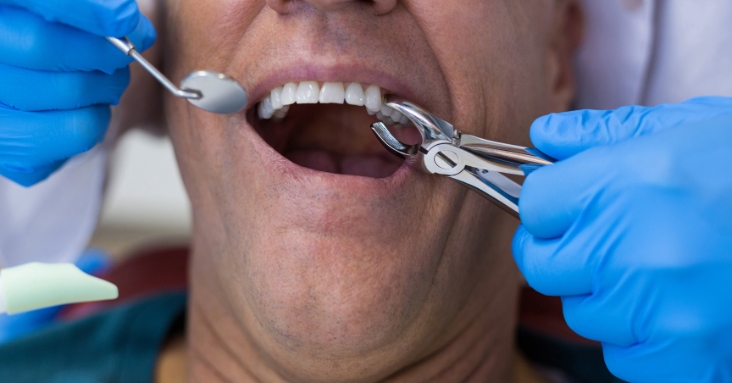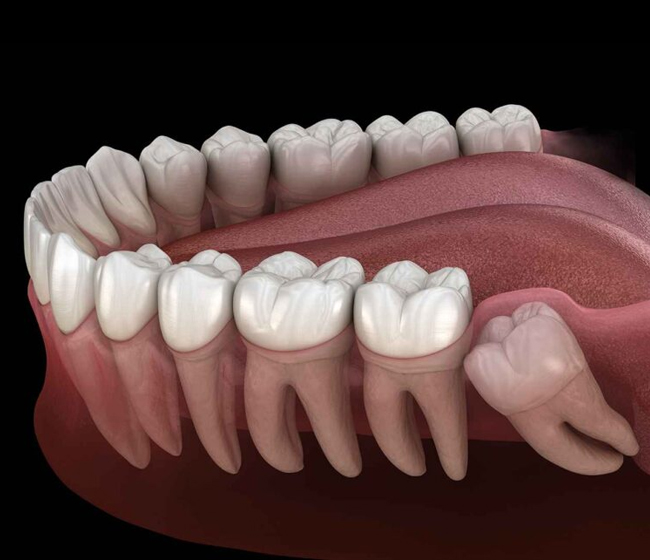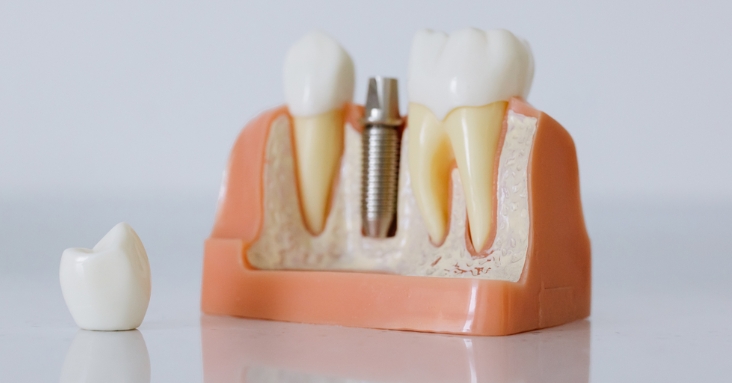Emergency & New Patients Welcome!

After wisdom tooth extraction, it’s common to wonder when you can resume regular activities, like smoking or drinking. Both of these can impact the healing process and may cause complications if done too soon. It’s important to follow post-surgery instructions to ensure a smooth recovery and avoid unnecessary discomfort. In this guide, we’ll walk through the dos and don’ts regarding smoking and drinking after wisdom tooth extraction.
Can You Smoke After Wisdom Tooth Extraction?
Smoking is often a concern after any dental procedure, especially wisdom teeth removal. It’s not just about the risk of bad breath or stained teeth—it’s about the healing process. Smoking can hinder the recovery of your gums and increase the likelihood of complications like dry sockets.
Why Smoking Can Be Harmful?
When you smoke, the suction created in your mouth can dislodge the blood clot in the extraction site. This clot is essential for healing, and its dislodging can lead to a dry socket, which causes severe pain and delays recovery. Smoking also reduces blood flow to the gums, slowing down the healing process and increasing the risk of infection.
How Long Should You Wait?
It’s recommended to avoid smoking for at least 72 hours after your wisdom teeth removal. If possible, it’s best to quit smoking during the recovery period to give your body the best chance of healing quickly and without complications. If you can’t quit, try to reduce smoking as much as possible.
Can You Drink After Wisdom Tooth Extraction?
Drinking after wisdom tooth removal in Fort Worth is another important aspect of post-surgery care. What you drink and when you drink it can significantly affect your recovery.
What to Avoid?
- Hot drinks: After your procedure, avoid hot beverages like coffee, tea, or soup. The heat can cause blood vessels to dilate, which may dislodge the blood clot from the extraction site and lead to complications.
- Alcohol: Alcohol should be completely avoided for at least 24-48 hours after surgery. It can interact with pain medications and increase the risk of bleeding, infection, and dehydration. Additionally, alcohol can slow down your body’s ability to heal.
- Carbonated beverages: Drinks like soda can create a fizzy sensation in your mouth, which might disturb the healing area. The carbonation can increase swelling and discomfort.
What Can You Drink?
- Water: Staying hydrated is vital for your recovery. Water is your best friend after surgery. Just be sure to avoid using a straw, as the suction can cause complications.
- Cold beverages: Cold drinks, like chilled juices or smoothies, are usually safe. These can also provide some relief to any swelling or discomfort in the first 24-48 hours.
- Milk and other dairy: Dairy products can help with nutrition, and they’re usually soothing. However, ensure that you avoid sugary milkshakes or flavored drinks that can irritate your healing gums.
How Does Wisdom Teeth Removal Impact Your Post-Surgery Care?
When undergoing wisdom teeth removal, following the advice provided by your dentist or oral surgeon is essential for optimal recovery. While smoking and drinking are common concerns, your healthcare provider will give you personalized instructions based on your specific needs and the details of your surgery. Always keep in mind that proper aftercare helps minimize risks and supports the body’s healing process.
How Do Smoking and Drinking Affect Healing?
In addition to the risk of dry sockets, smoking and drinking can prolong swelling, bleeding, and infection. These behaviors slow down tissue regeneration and may result in unnecessary complications.
Here’s a closer look at how smoking and drinking affect the healing process:
- Smoking: Reduces oxygen flow to your healing tissue and increases the risk of gum infections.
- Drinking alcohol: Dehydrates the body and impairs immune function, which can slow down recovery.
- Drinking through a straw: The suction from a straw can dislodge the blood clot in the socket, leading to a dry socket.
What to Do for Faster Recovery?
Here are some tips to enhance your recovery process:
- Rest and avoid physical activity: Rest is crucial in the first few days. Avoid strenuous activities that can increase blood pressure and potentially cause bleeding.
- Follow a healthy diet: Eat soft, easy-to-chew foods like yogurt, mashed potatoes, and scrambled eggs. Avoid crunchy or spicy foods that can irritate the wound.
- Take prescribed medications: Follow your dentist’s instructions on taking pain medications and antibiotics as needed.
- Apply ice: Use ice packs on your face to reduce swelling and discomfort. Be sure to take breaks and not apply the ice for too long at a time.
- Gently rinse with salt water: After 24 hours, gently rinse your mouth with warm salt water to promote healing and reduce the risk of infection.
To answer the question, “Can you smoke or drink after wisdom tooth extraction?” the answer is no—at least not right away. Smoking and drinking should be avoided for the first few days following your procedure. Smoking can increase the risk of dry sockets, while drinking certain beverages can disrupt the healing process.
If you had wisdom teeth removal, follow your dentist’s instructions carefully and take care of your recovery. Aftercare is crucial to avoid complications and ensure that you heal properly.
Remember to stay hydrated with water, avoid alcohol, and refrain from smoking for as long as possible. Your future self will thank you for following these important steps during recovery.

